Mozambique: At least 10 teachers killed in terror attacks since 2017 in north
Mozambique: Situation in Cabo Delgado is out of control, Bishop of Pemba says
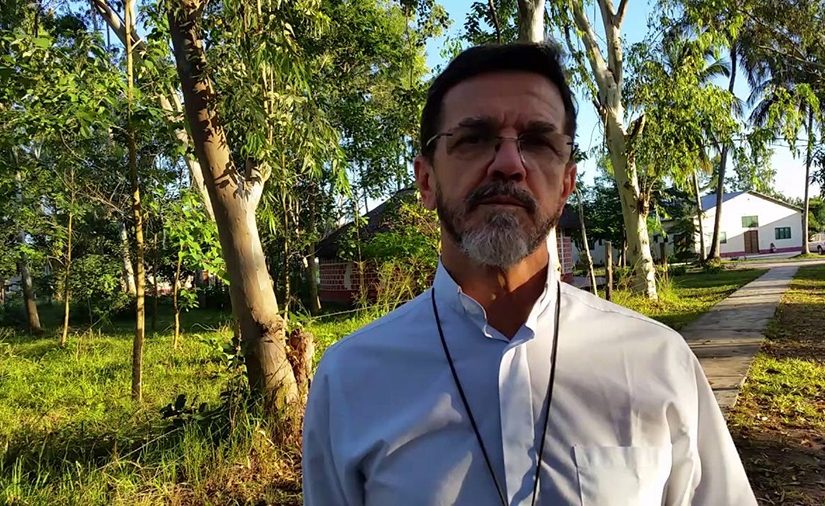
File photo: Interlusofona
Fernando Lisboa, bishop of Pemba, the capital of Cabo Delgado province, says that, as a result of attacks by armed groups over the last two years, the situation in that northern region of Mozambique is out of control.
“Although some voices insist that [the situation] is under control, it’s not true. The defence and security forces are there, that is true, but the attacks continue and in a violent manner,” Fernando Lisboa is quoted in a communique from the Aid to the Church in Need Foundation (AIS) as saying on Wednesday in statements to Vatican Radio.
Bishop Lisboa added that he has “visited the communities” and predicts that something “very sad” will happen. “There will be hunger in Cabo Delgado, because people in the regions where the attacks are taking place are not planting machambas [vegetable gardens] any more, out of fear.”
The Famine Early Warning Systems Network (FEWS Net) has been warning of an increased risk of hunger in the area due to the violence there since September 2018, while the UN humanitarian plan for Mozambique estimates that the attacks have already affected 60,000 people, many of them forced to leave their homes.
The Bishop of Pemba says that situation in Cabo Delgado is “very serious”, and that “no one knows” who is responsible for the wave of violence.
“The truth is that the enemy has no face,” he said.
Despite the presence of the defence and security forces, “the attacks continue in a violent manner, burning down houses, killing innocents”, including the destruction of public transport vehicles, “which is a great sadness”.
The jihadist Islamic State (IS) group and the Mozambican Ministry of Defence have issued statements in which they say they are inflicting casualties on each other.
Clashes last month focused on the Mbau (Nbau) area, where on 23 September an IS-claimed attack killed 10 people and burned several buildings, including the headquarters of the Liberation Front of Mozambique (Frelimo), the ruling party.
The Cabo Delgado region has been stricken by armed attacks carried out by groups formed in mosques in the region since October 2017.
An estimated 250 people have died as a result, almost all in isolated villages during clashes in the bush. The violence has sometimes hit transport on the region’s main tarred road, as well as the area of gas exploitation megaprojects, some of which employ Portuguese subcontractors.
Officials and analysts questioned by Lusa say it is unlikely that there is genuine IS involvement in the attacks beyond superficial contact with movements on the ground.
The National Election Commission estimates that 5,400 voters in the region were unable to vote in Tuesday’s general elections because they had fled their area of residence and lost possessions, including documents, in raids by armed groups.


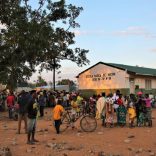
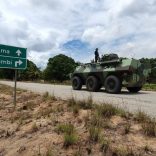
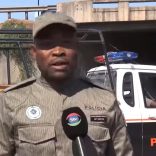


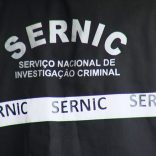





Leave a Reply
Be the First to Comment!
You must be logged in to post a comment.
You must be logged in to post a comment.